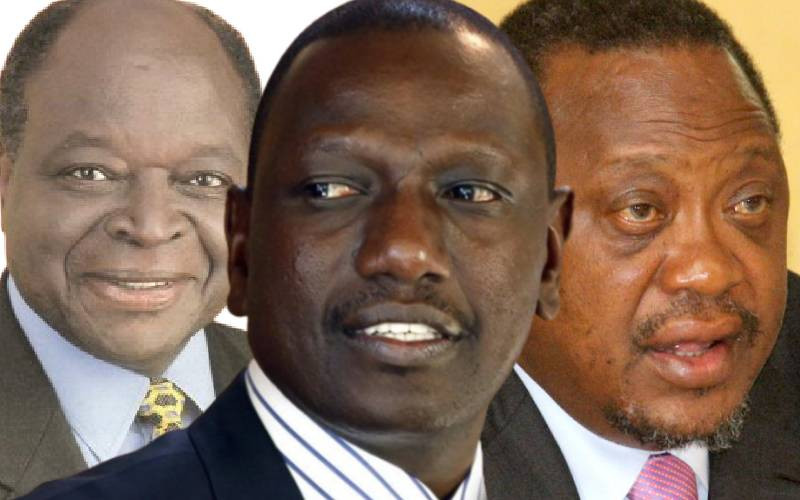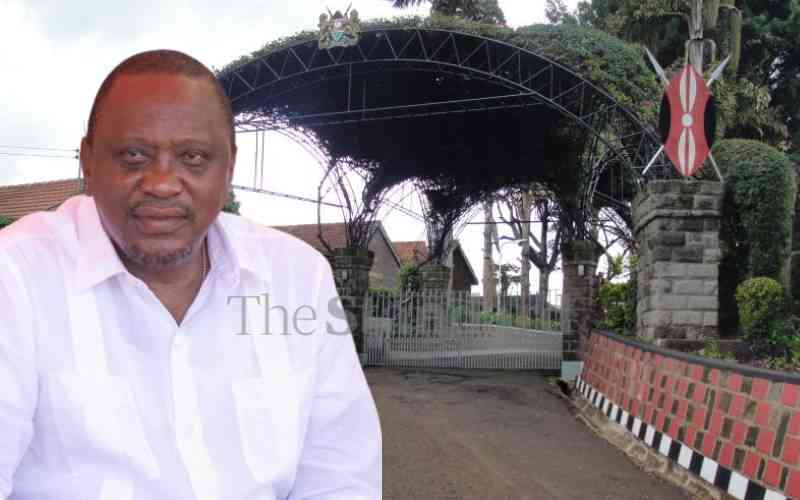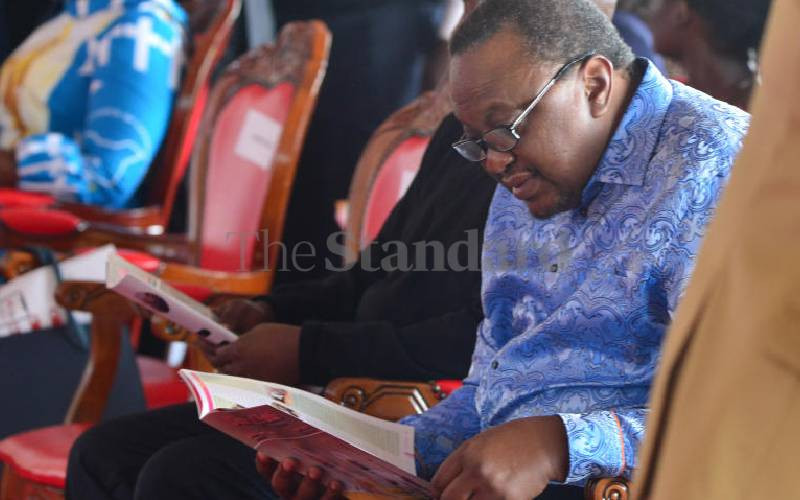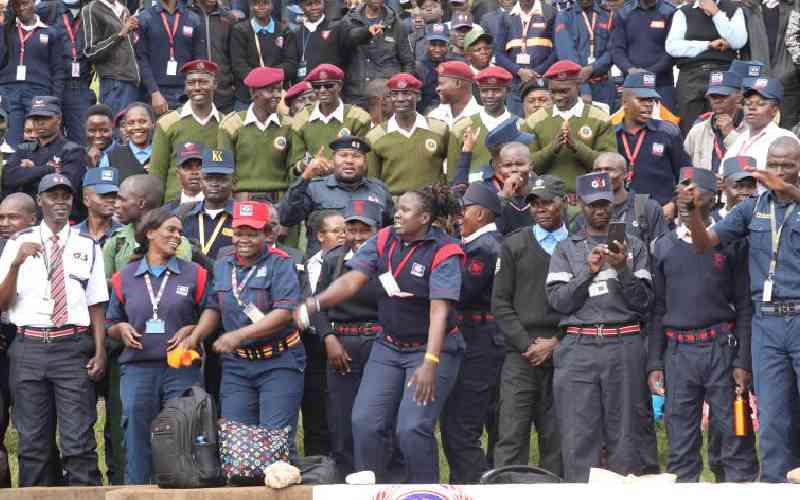Barely a year in office, President Uhuru Kenyatta through the African Union, launched an aggressive international push, last year, for a review of the Rome Statute to give immunity to sitting African presidents against prosecution. But as fate would have it, the President will personally appear before the International Criminal Court on October 8.
The extraordinary AU summit in Addis Ababa on October 12, last year, advised Kenyatta or any sitting Head of State not to honour the summons to appear before the court.
The summit had been held at the request of Kenya, which was seeking the continent’s backing to disregard the ICC over claims that it was only targeting African leaders.
Kenyatta has cut a niche in the global arena after he successfully marshalled African states to write to the United Nations Security Council to have the cases deferred, has left many people guessing his next step. Despite being the youngest serving president in the region, Kenyatta is also the chair of the East African Community (EAC) and the Inter-Governmental Authority on Development (IGAD), which analysts say makes him a major decision-maker in the region.
“No African leader has ever rallied the entire continent behind him the way Uhuru did on the ICC issue. His dealing with both the East and the West, shows he is not leaning anywhere, but only upholding Kenya’s international interests,” says Macharia Munene, a professor of History and International Relations.
He points out that despite the ICC cases facing Kenyatta, his position as chair of both IGAD and EAC makes him a regional pointman whom the West and the East cannot ignore.
The President skipped the UN General Assembly last year, and also ensured that Kenya was not represented at the meeting for the first time since the country’s independence.
Kenyatta’s presence at the recent US-Africa summit seemed to have thawed frosty diplomatic relations between Kenya and the US, a state that had openly showed that it was not ready for his presidency when its ambassador to Kenya, prior to the last presidential elections, coined the famous word ‘choices have consequences’ which was perceived by most Kenyans as a warning against Uhuru presidency.
Political analyst Prof Edward Kisiangani, says the president’s presence in court will completely weaken ICC Prosecutor Fatou Bensouda’s case.
He said: “Bensouda has been banking on Mr Kenyatta’s failure not to attend the status conference has been the last spin for her. This could be the beginning of the end of ICC.”
The president will also be defying his fellow African Heads of States who during the past AU conference resolved that no sitting Head of State should be prosecuted at The Hague based court. Mr Ofwono Opondo, President Yoweri Museveni’s spokesman said they are still standing by resolutions made by AU that asked Mr Kenyatta not to attend the trials at The Hague.
Speaking from Kampala on phone, Mr Opondo, however, said it was up to the president to decide whether to go to The Hague or not. He said: “In Uganda, we still believe a sitting Head of State should not be summoned by the ICC, but its upon President Kenyatta to decide whether to attend the trials.” Reports that Uganda had postponed her Independence Day celebrations were dismissed by Special Presidential Assistant for Communications Sarah Kagingo.
Sources from Rwanda Embassy in Nairobi said President Paul Kagame will not travel to The Hague. “But we are well aware he is behind Kenyatta. He will not be travelling to The Hague though,” said the source.
 The Standard Group Plc is a
multi-media organization with investments in media platforms spanning newspaper
print operations, television, radio broadcasting, digital and online services. The
Standard Group is recognized as a leading multi-media house in Kenya with a key
influence in matters of national and international interest.
The Standard Group Plc is a
multi-media organization with investments in media platforms spanning newspaper
print operations, television, radio broadcasting, digital and online services. The
Standard Group is recognized as a leading multi-media house in Kenya with a key
influence in matters of national and international interest.
 The Standard Group Plc is a
multi-media organization with investments in media platforms spanning newspaper
print operations, television, radio broadcasting, digital and online services. The
Standard Group is recognized as a leading multi-media house in Kenya with a key
influence in matters of national and international interest.
The Standard Group Plc is a
multi-media organization with investments in media platforms spanning newspaper
print operations, television, radio broadcasting, digital and online services. The
Standard Group is recognized as a leading multi-media house in Kenya with a key
influence in matters of national and international interest.







